There is “much work” to do in getting communities of color to embrace the Covid-19 vaccine, official says
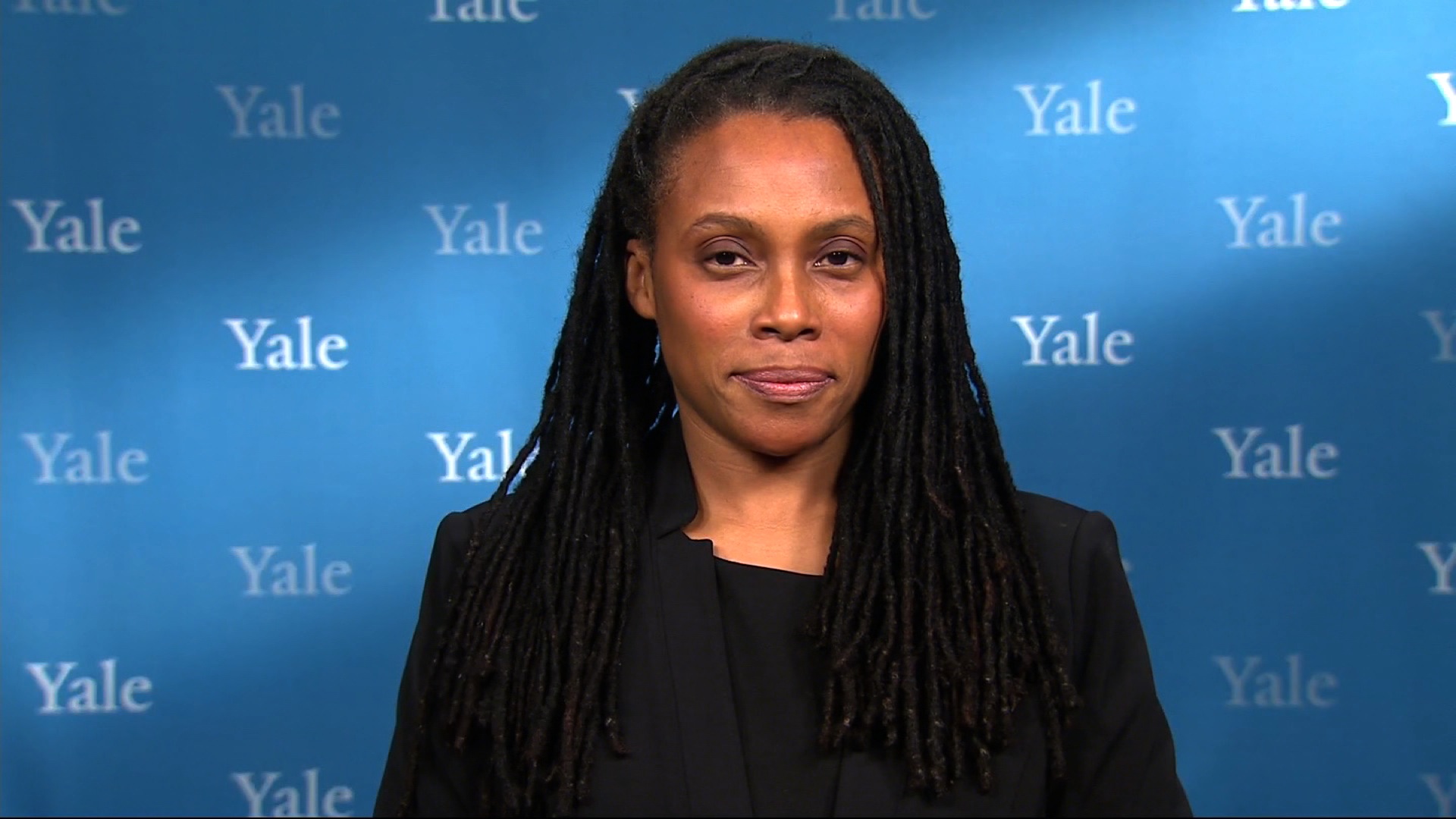
Dr. Marcella Nunez-Smith, the chair of President-elect Biden’s Covid-19 equity task force, said there is much work to be done in making sure communities of color around the US accept and receive the Covid-19 vaccine.
“We have to do so much work to disrupt this predictability of disproportionate impact and in this case, disproportionate access to [the] vaccine. If we think specifically about the numbers you just quoted CNN analysis as well as Kaiser Health News and others have found, a similar pattern already emerging across the country,” Nunez-Smith said tonight during CNN’s coronavirus town hall. “We know part of this has to do with vaccine acceptance. We have to build vaccine confidence. That’s part of our work. A lot of this has to do with access.”
More context: Black Americans remain among the groups that have the least confidence in the vaccine, according to a study from the Kaiser Family Foundation.
The findings come as the nation’s top health leaders urge Black people to trust the vaccine, by hosting live events where Black health professionals are among the first to receive and administer it.
The Kaiser study found that 35% of Black Americans would probably or definitely not get the vaccine if it was determined to be safe by scientists and widely available for free.
Fauci outlines contingency plans to adapt vaccines to new variants
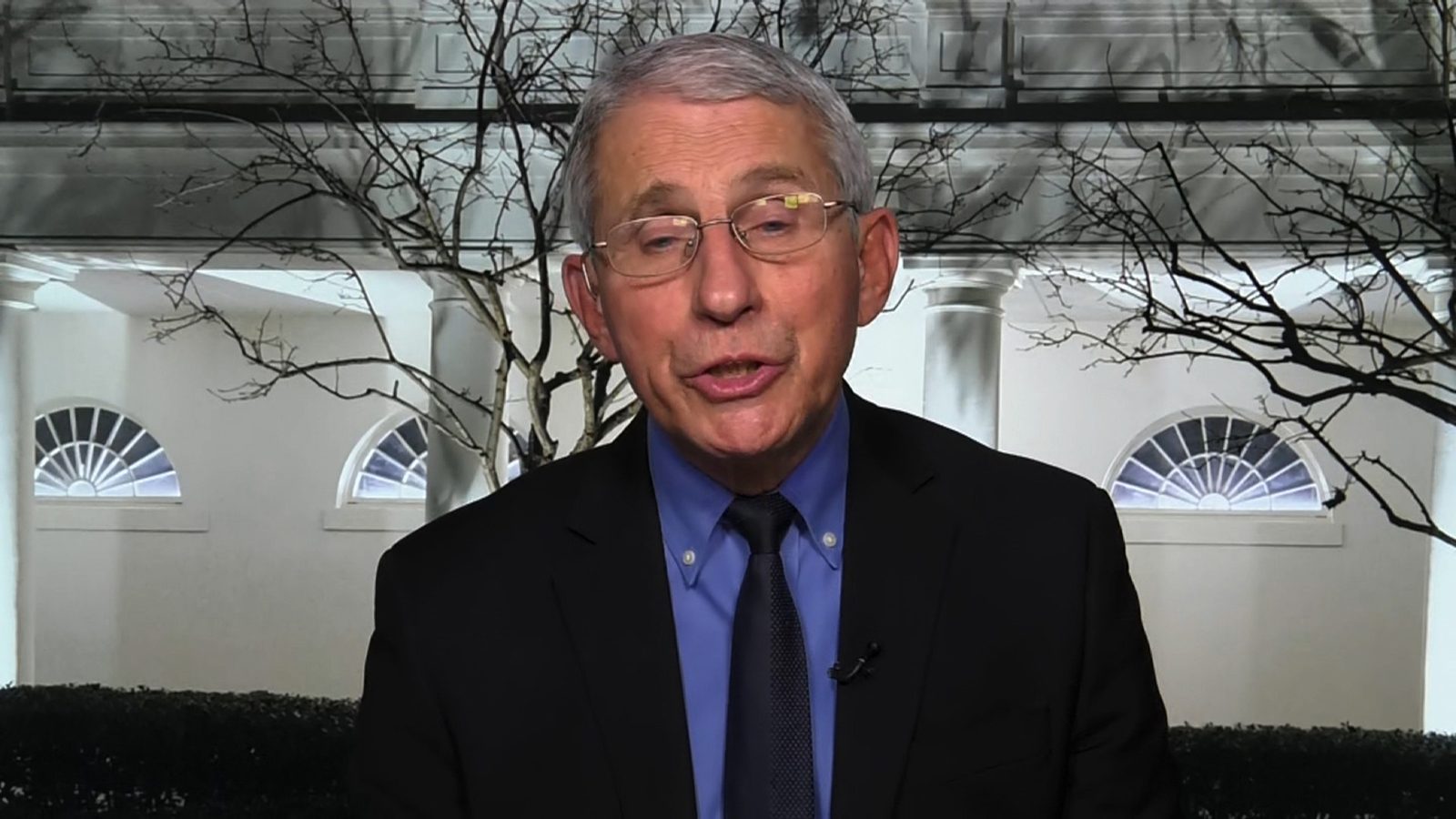
A question asked at CNN’s town hall tonight was whether there are contingency plans in place for alteration and redistribution of the mRNA vaccines in case one of the current or future coronavirus variants renders them less effective.
Dr. Anthony Fauci, director of the National Institute of Allergy and Infectious Diseases, said that this is something that health experts are working on in collaboration with the pharmaceutical companies.
“One of the beauties of the mRNA approach is that it’s highly adaptable,” Fauci said.
These vaccines work by using genetic material called messenger RNA, a kind of genetic software that instructs cells to make a piece of the coronavirus spike protein.
“So what you have is this bit of RNA and you stick in the part of the RNA that codes for the protein of the spike that is in the virus that is now circulating in our country,” Fauci said.
He added that when you want to adapt the vaccine to protect against new variants, such as the one first identified in South Africa, “you take that same mRNA and instead of sticking in the coding component for the virus that’s circulating in our own country, you quickly stick in the one that codes for the South African isolate.”
This approach means that you don’t have to conduct large-scale trials, he said.
“Bottom line is we’re already on it and that’s one of the beauties of the mRNA type of platform that it’s easily adaptable to what we’re talking about.”
No evidence that one Covid-19 vaccine is better for people of color over others, CDC director says
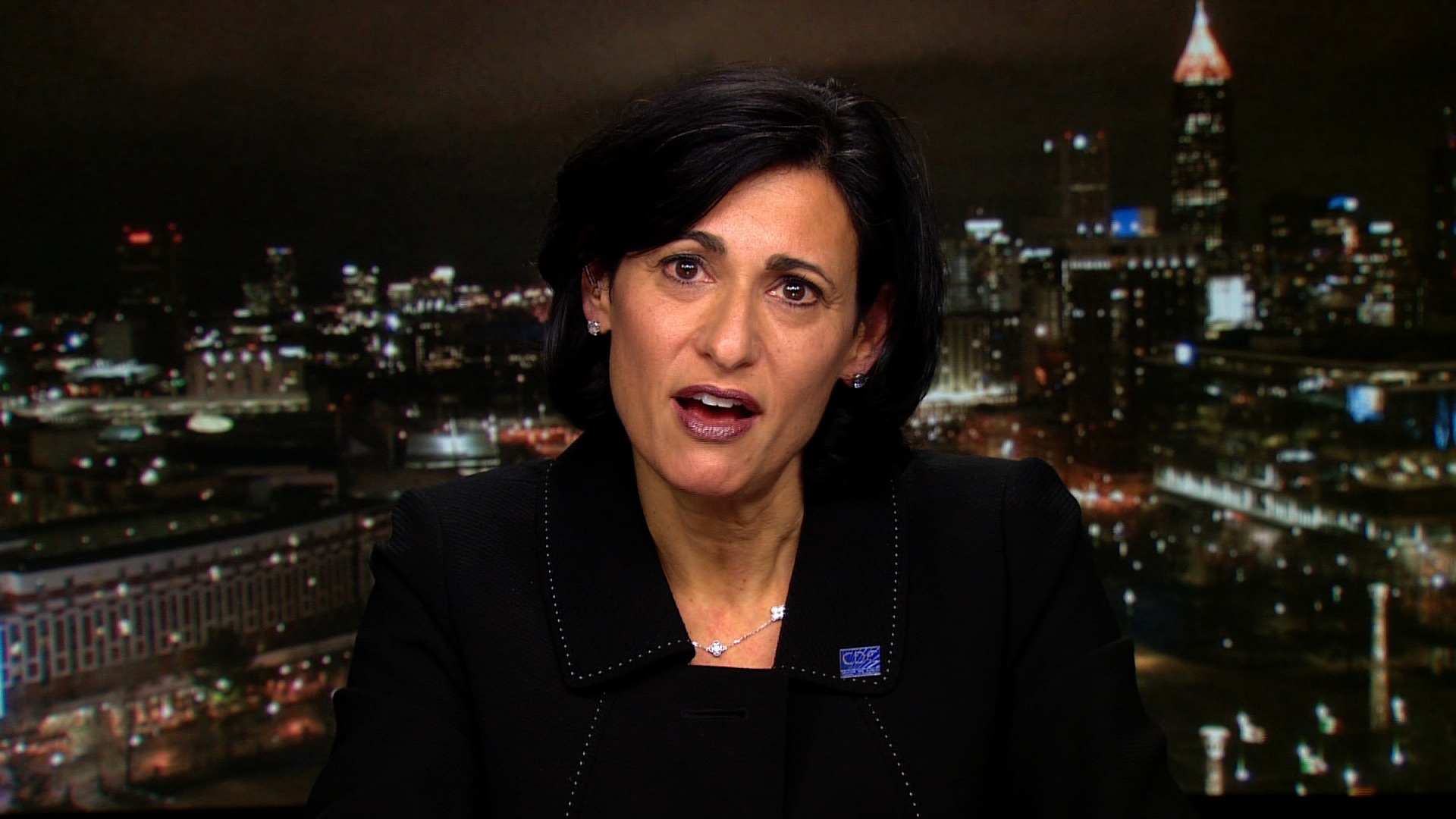
Whether it’s the Pfizer or Moderna Covid-19 vaccine, there is no evidence that shows one is better than the other when administered to a person of color, Dr. Rochelle Walensky, director of the US Centers for Disease Control, said during tonight’s CNN coronavirus town hall.
“We don’t have any data that suggestions one vaccine we have now is better than another for any subgroups. The subgroup analysis from the trial is just that. We don’t have massive numbers. We don’t yet know the data from J&J [Johnson & Johnson] so it’s hard to compare J&J in the absence of data with Moderna or Pfizer,” Walensky said. “What we do know of the Pfizer and Moderna trials is they have had similar effectiveness with ages and races.”
The bigger picture: Black and Latino Americans are receiving the Covid-19 vaccine at significantly lower rates than White people, a disparity that health advocates blame on the federal government and hospitals not prioritizing equitable access.
A CNN analysis of data from 14 states found vaccine coverage is twice as high among White people on average than it is among Black and Latino people.
The analysis found that on average, more than 4% of the White population has received a Covid-19 vaccine, about 2.3 times higher than the Black population (1.9% covered) and 2.6 times higher than the Hispanic population (1.8% covered).
Schools should be the first thing to open and the last thing to close, says CDC director
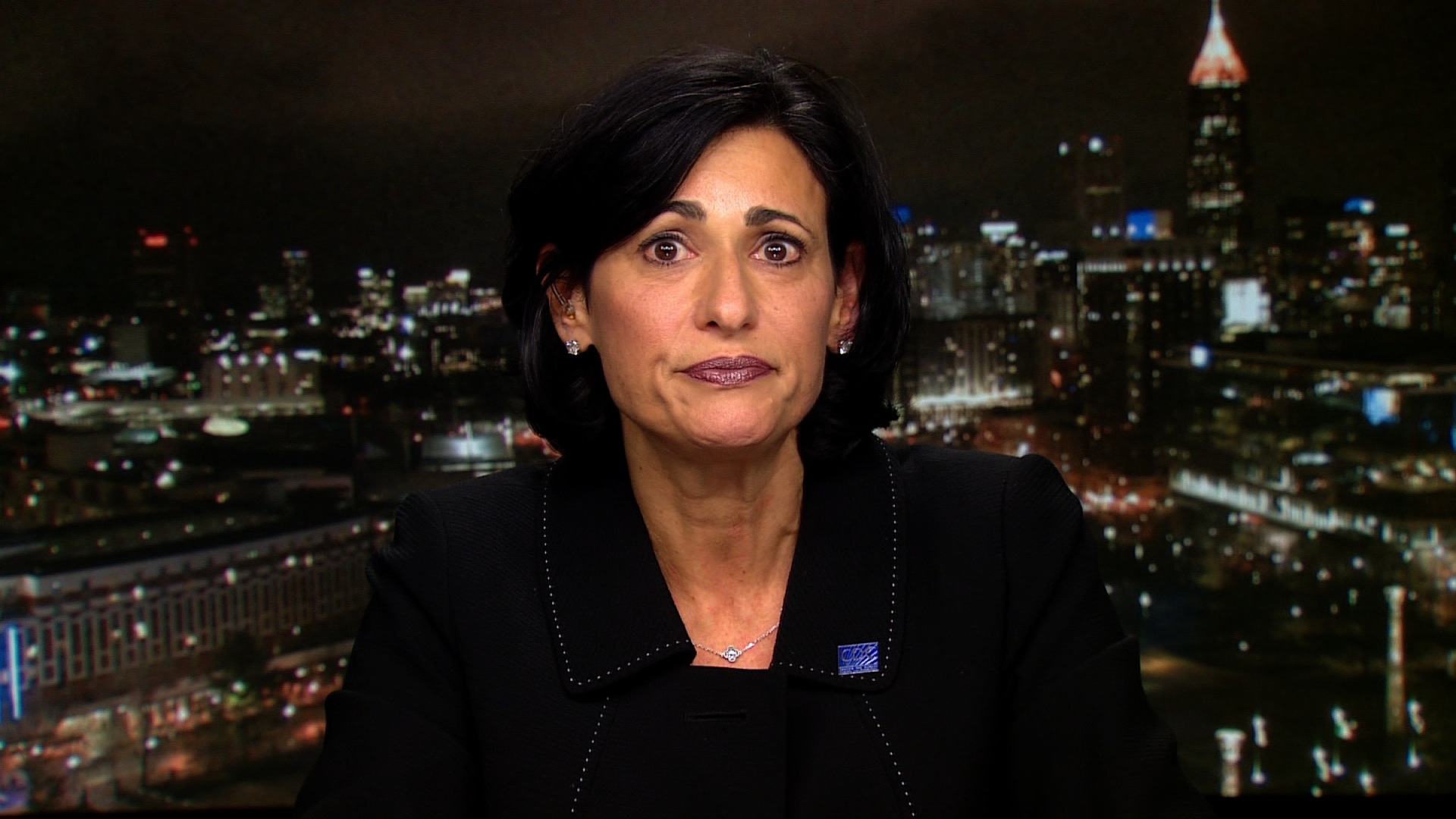
Answering a question from a teacher during CNN’s town hall tonight, Dr. Rochelle Walensky, director of the US Centers for Disease Control, addressed fears of sending kids and staff back to school with few protective measures in place.
Walensky said that while the Biden administration “has very much said and emphasized the importance of getting our children back to school,” there needs to be resources in place to do so safely, especially in Covid hotspots.
“We need to make sure that we have proper ventilation, proper masking and mitigation procedures so that we can safely get our kids back to school,” she said.
Walensky said that there is a federal plan to get children back into schools but more resources are needed.
“The federal plan is linked to having resources for the school which is why we so badly need the American rescue plan to be funded so we have resources for mitigation for ventilation and PPE, and importantly, for testing,” she said.
“A really key part of getting our children back to school is to do testing amongst teachers and among children and the funding for that testing is all on this American rescue plan.”
Walensky also raised concerns of the other impacts on kids who are not in school.
“I worry about food insecurity. I worry about teenage pregnancy and kids falling behind in their academics. I worry about the whole package, which is why it’s so very critical that schools be the first thing to open and in my mind, the last thing to close,” she said.
Watch the moment:
A “booster” is being developed to fight against the South African Covid-19 strain, Fauci says
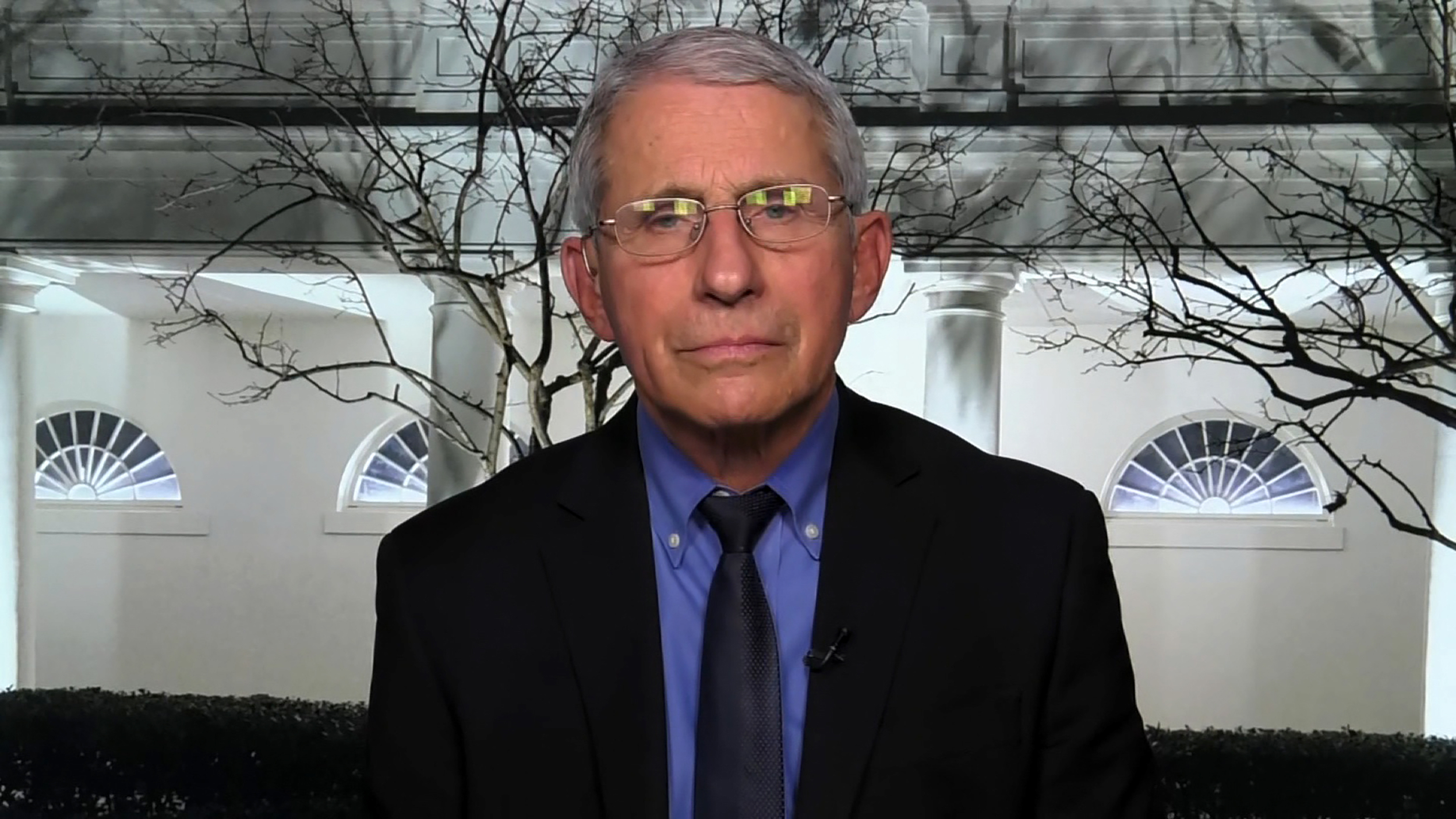
Dr. Anthony Fauci, the leading infectious disease expert in the US, said work has already begun on developing a “booster” that would vaccinate people against the South African strain of Covid-19.
“We need to see the data when you compare the capability of the vaccine of protecting against the strain that’s here versus the strain that’s in South Africa, but as I mentioned, Anderson, we’re much more concerned about the South African strain,” Fauci told CNN’s Anderson Cooper during the network’s coronavirus Town Hall tonight.
“What we’re going to do about it; we are already working with the companies to make what we would call a ‘booster potential’ of getting the same vaccine but only sticking into it what would be expressing the mutant that you see in South Africa.”
Fauci added: “So we’re already trying to stay one or two steps ahead of the game so that if in fact, we have a situation where the South African strain is prevalent here, it’s here but certainly not dominant, and you want to get ahead of it from a protection standpoint, you’re going to want to have a vaccine that specifically addresses that strain and that’s what we’re working on.”
More context: As researchers around the world race to see if new coronavirus variants will pose a problem for the vaccines, a second study in two days says the South African variant could possibly do just that.
The variant was first spotted in South Africa in October and has now been found in more than 30 countries, according to the World Health Organization.
In both studies, the work was done in the lab and not in people, so more research is needed to gauge the true threat of the new variant.
In the most recent study, which was small, researchers took antibodies from six people who were hospitalized with Covid-19 before the new variant was discovered. They found to varying degrees, that antibodies for all six of the survivors were unable to fully fight off the virus.
Watch the moment:
US won’t be back to normal after 100 days of vaccine, CDC director says
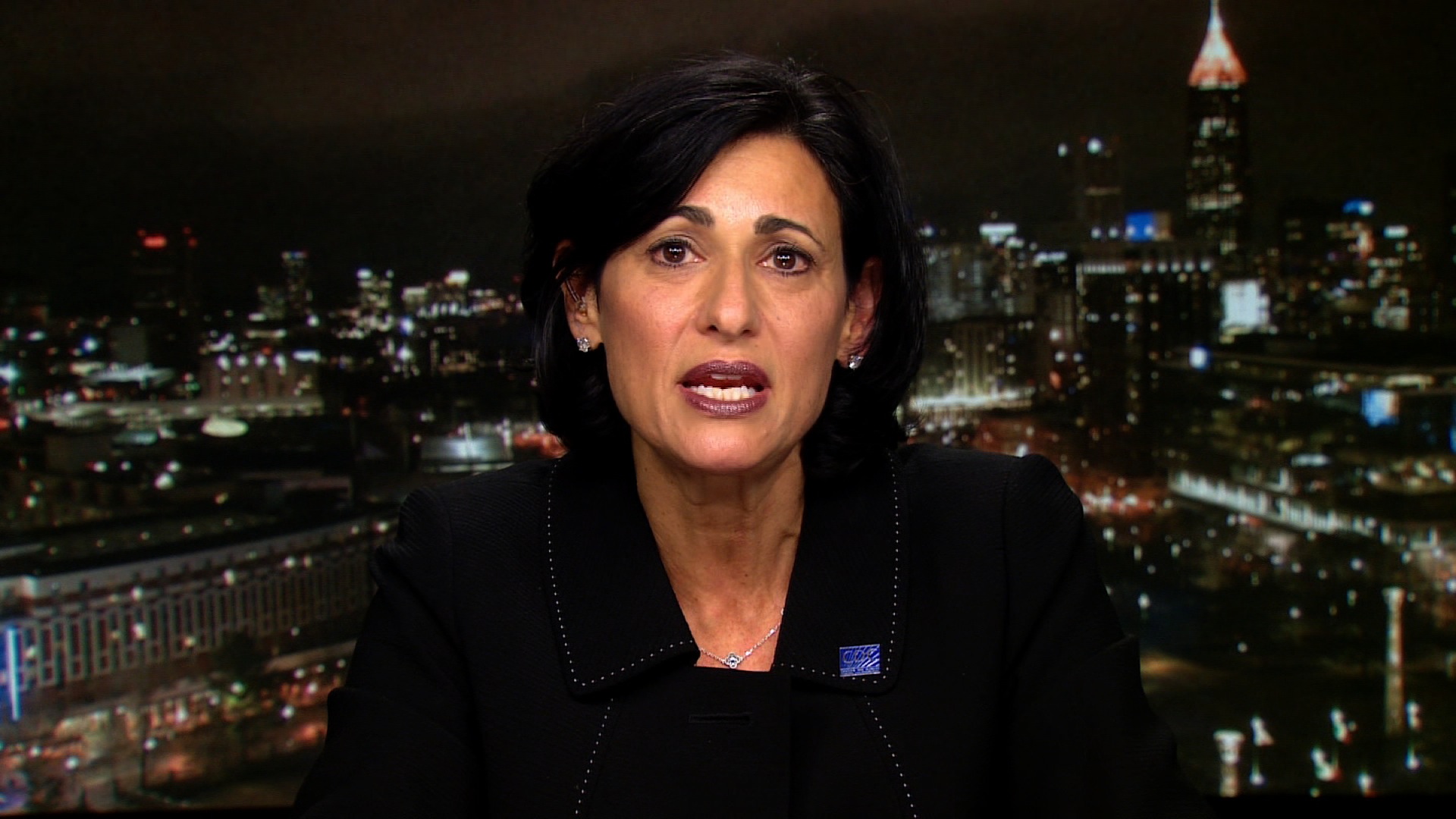
Speaking on CNN’s town hall Wednesday, Dr. Rochelle Walensky, director of the Centers for Disease Control and Prevention, said it’s “going to take awhile for us to feel like we’re back to a sense of normalcy.”
Answering a question from CNN’s Dr. Sanjay Gupta, who asked where the US will be with the number of Americans vaccinated after the first 100 days, Walensky said that she believes 100 million Americans will be vaccinated within that timeframe.
“That will be protection for perhaps about 50 million, some people will be after two doses, some people will still be in the process of getting their second dose,” she said.
“Will we feel as if we have the herd immunity that everybody has been talking about by the end of the first 100 days? I told you I’d tell you the truth. I don’t think we’ll feel it there.”
Walensky said that after the first 100 million Americans have been vaccinated, that will still leave 200 million more.
“We are working to figure out where the bottlenecks are and to resolve those bottlenecks but it’s going to take some time to get 300 million Americans vaccinated twice,” she said.
Walensky also said that even if you’ve been diagnosed with Covid-19, the advise is to get vaccinated.
“We’re asking people to wait 90 days from the time infected. We don’t know a lot about the long term immunity of this disease, so we are still recommending it,” she said.
Watch the moment:
CDC director explains why only a fraction of Covid-19 vaccines have been administered in the US
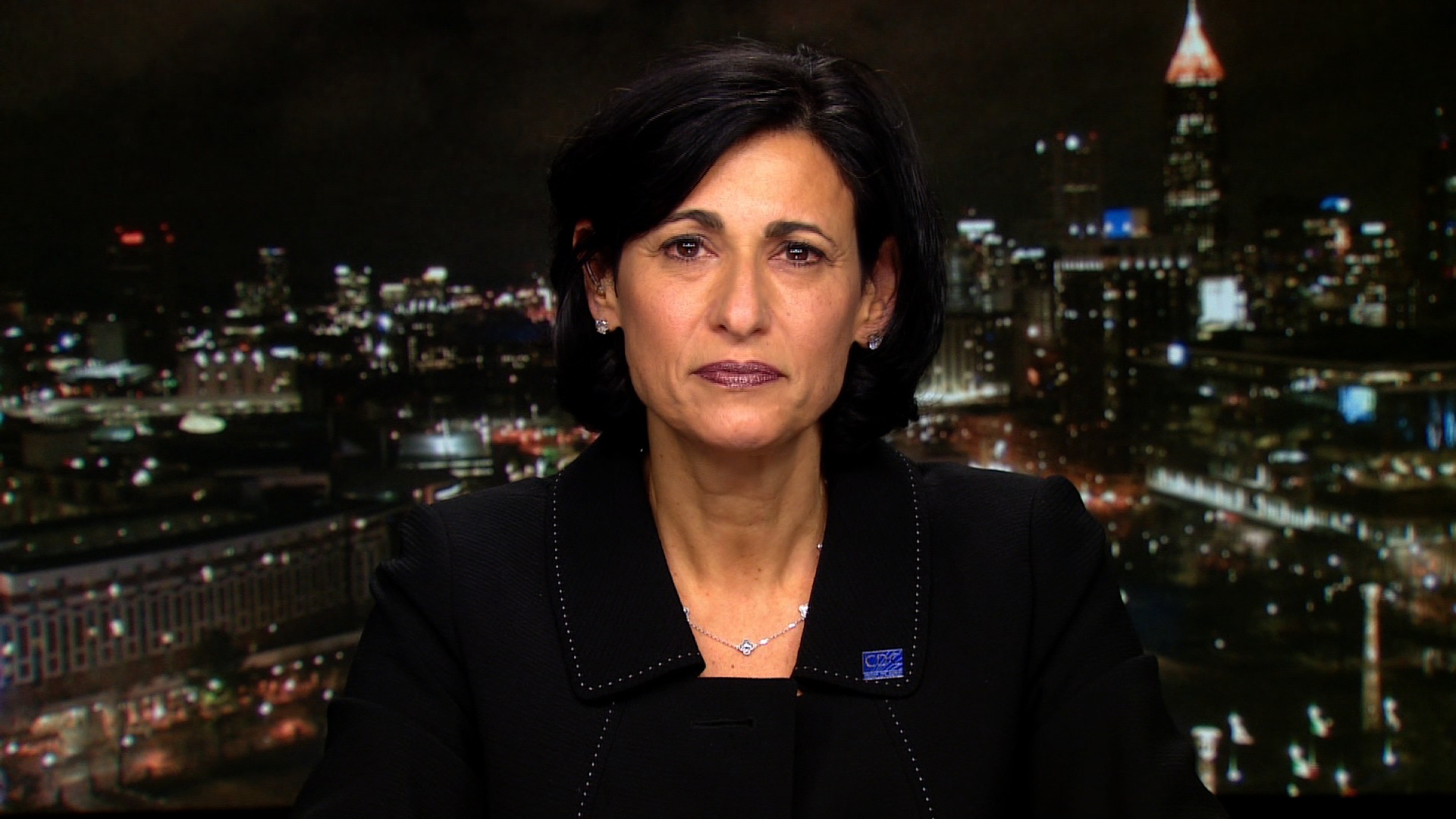
Dr. Rochelle Walensky, director of the US Centers for Disease Control and Prevention, spoke this evening about why only a fraction of the 47 million Covid-19 vaccines distributed around the US have been administered.
First of all, some of the vaccines only just arrived today or Tuesday, Walensky said during CNN’s coronavirus town hall.
Some of the vaccines are also “in the several day long distribution process to get them to the final state where they will actually be administered into the arm,” she added.
“So there is some delay from the time they are distributed to the time they could possibly be administered,” Walensky said. “On the administration side, there is some delay in reporting. We know probably a bit more than the 23 million that have been reported have actually been administered. And then there are some doses that we need to make sure for the four or five-day window we give people in order to get their second shot, either at three weeks or four weeks, we need to make sure that’s available for them when they return for their second shot.”
Watch the moment:
Most US states have identified cases of coronavirus variant first spotted in UK, CDC reports
From CNN’s Michael Nedelman
At least 315 cases of a coronavirus variant first spotted in the UK have been detected in 28 US states, according to data posted Wednesday by the US Centers for Disease Control and Prevention.
This includes 92 cases in Florida, 92 in California, 22 in New York, 17 in Michigan and 14 in Georgia. The following states have found fewer than 10 cases each: Alaska, Colorado, Connecticut, Illinois, Indiana, Kentucky, Louisiana, Maryland, Massachusetts, Minnesota, Nevada, New Jersey, New Mexico, North Carolina, Oregon, Pennsylvania, Tennessee, Texas, Utah, Virginia, Washington, Wisconsin and Wyoming.
One thing to note: The CDC said this does not represent the total number of cases circulating in the US, but rather just those that have been found by analyzing positive samples. The agency cautions that its numbers may not immediately match those of state and local health departments.
The variant — which is known as B.1.1.7 and appears to spread more easily — has also been found in at least 70 countries worldwide, according to the World Health Organization.
CNN analysis suggests 12% of US population might currently have some protection against Covid-19
From CNN’s Deidre McPhillips
Between vaccination coverage and natural immunity among those who have recovered from an infection, about 12% — and perhaps as much as a third — of the US population may currently have some degree of protection against Covid-19, according to a CNN analysis.
About 6% of the US population has been vaccinated against Covid-19, according to the latest data from the US Centers for Disease Control and Prevention. Close to 20 million people have received at least one dose of the two-dose regimen — which trial data shows can offer partial protection against the virus — and more than 3.8 million people are fully vaccinated.
Studies show that people who recover from Covid-19 are largely immune to the virus for a period of time. About 25 million cases of Covid-19 have been reported to the CDC, representing about another 8% of the population with some protection against Covid-19.
However, the CDC estimates that just a fraction of total Covid-19 cases in the US have actually been reported. The latest estimates show that total cases may have topped 83 million through December. Along with the 5 million or so cases that have been reported in January, about 88 million people – more than a quarter of the US population – may actually be protected from Covid-19 after recovering from infection.
Experts say that people who have already had Covid-19 should still get the vaccine. The immunity you get from contracting Covid-19 does last for a certain amount of time, but the nature of the vaccine should provide longer immunity, according to CNN Chief Medical Correspondent Dr. Sanjay Gupta.
The CNN estimates of current protection against Covid-19 do not account for any potential overlap among individuals who may be counted in both the number of people who have been vaccinated and those who have been infected.
With at least one vaccine dose administered to about 6% of the population and potentially a quarter of the population immune after infection, as many as about 1 in 3 people in the US may currently be at least partially protected against Covid-19.
That said, trial data shows that one dose of vaccine only offers partial coverage. And while some studies found that immunity to Covid-19 may last years after infection, others have found it may wane after just five months.
On Tuesday, President Biden announced a boost to vaccine supply allocated to states and promised to have enough doses to vaccinate at least 300 million people by late summer or early fall.
